I know with Xdebug you can change your xdebug.collect_params settings, so that the error messages include more information about the parameters used in the calls. (There's a nice explaination about it here)
However, the string representations of my objects are very large and unreadable.

I already have some good toString implementations which just returns a unique id, so it would be really nice if I could let xdebug use __toString() instead of a full serialisation.
Is this (or any other customisation of the parameter formatting) possible?
I guess in theory I could try implementing custom representations through __sleep() but I actually need the default serialisation mechanisms to save objects across requests.